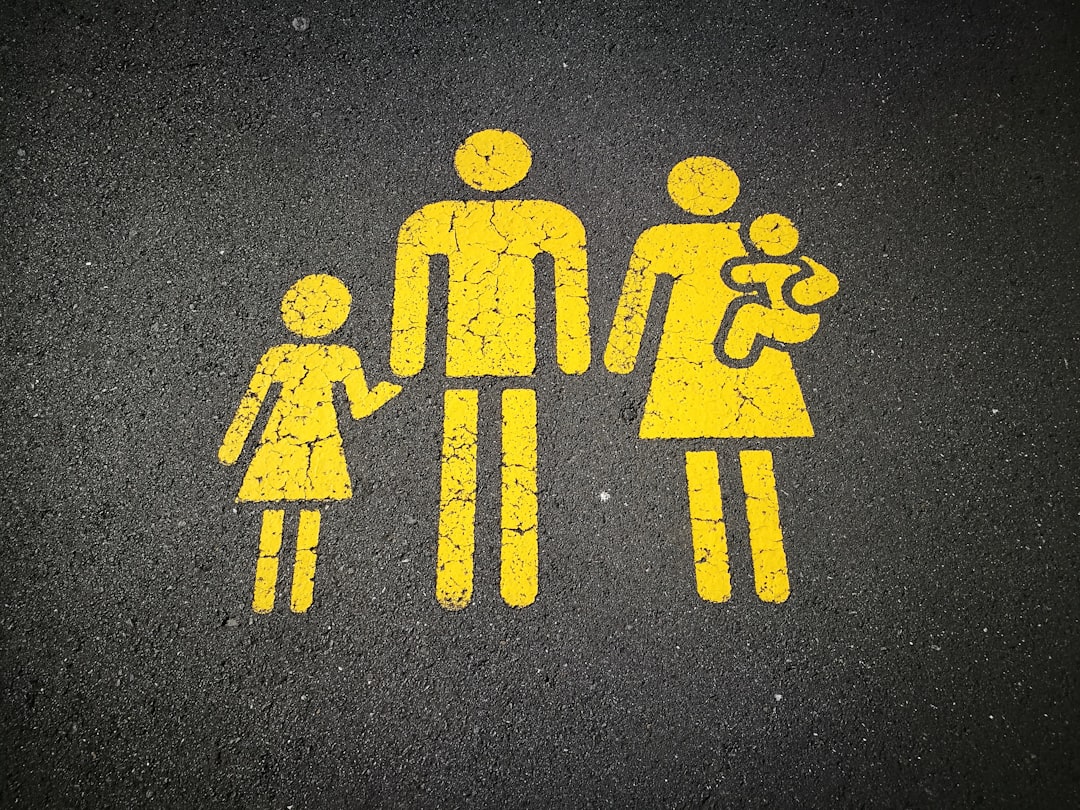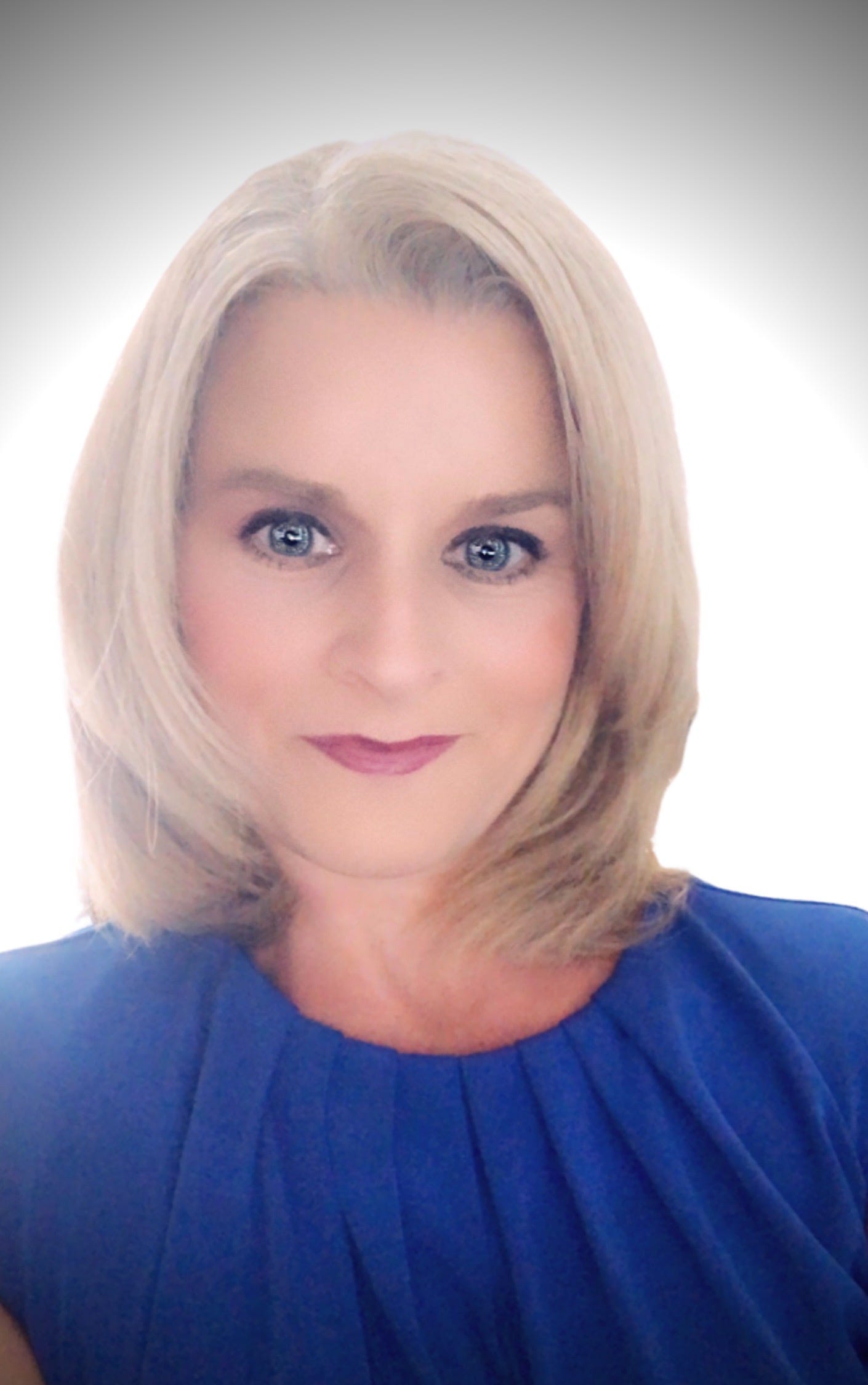
A man was sentenced last week to life in prison for sexual exploitation of four children, three of whom were significantly disabled. As a certified nursing assistant caring for them overnight in a Central California group home, Steve Rodriguez, 38, filmed himself sexually abusing the children and committed several other crimes, according to a U.S. Justice Department press release.
While the details of the case are incredibly distressing — such as that he started the acts when one victim was just 6, and that the abuse went on from January 2016 to May 2020 — what may be most horrific is how rare it is that the abuser of disabled children was caught and convicted.
In 2018, National Public Radio published a series of reports analyzing U.S. Department of Justice data to find that people with intellectual disabilities were seven times more likely to be victims of sexual abuse and assault. The real figure, reporter Joe Shapiro noted, is likely to be much higher as their data did not include group homes (like the one Rodriguez worked at) nor unreported crimes. According to the Disability Justice Resource Center, just 3 percent of sexual abuses involving people with developmental disabilities are ever reported.
Medical mama and Executive Director of Voices of Change 2018 Nicole Moehring says she didn’t understand the statistics at all — until her children became part of them. It has now become her mission, through her nonprofit, to educate families and the public on the particular vulnerabilities that disabled children have to sexual abuse and exploitation.
“I wanted to turn my pain into purpose,” Moehring said, “so, God willing, another family doesn’t have to go through this.”
*
The nightmare started almost exactly seven years ago. After what she thought would be a routine discussion of “stranger danger” and keeping bathing suit areas private, Moehring’s son, who is autistic and has Fragile X Syndrome, reported in graphic detail acts that he said happened with a family member.
“There was no doubt in my mind in those beginning moments that he was being honest and telling the truth,” Moehring said. She asked advice for what to do with the revelations to someone who turned out to be a mandatory reporter and an investigation ensued. But Moehring’s son was not believed by authorities and the state of Ohio, where she still lives, did not find the case credible enough to go to court.
“He was still allowed to see the perpetrator and there was nothing I could do. Nothing I could do,” she said. “I could be held in contempt of court.”
The ensuing years were difficult for mother and son. Evan began to have unexplainable episodes of extreme behavior, lasting from a couple minutes up to four hours, she said.
In June 2018, tragedy struck again but this time it was Moehring’s daughter. The teenager disclosed that a 19-year-old sexually assaulted her at a party.
“I reported it,” Moehring said. “The process from that phone call all the way to the end was completely and utterly different” from the one she experienced with her son.
Moehring said her daughter, Maci, received compassionate care and, ultimately, justice. While the mother acknowledged that could be due to other elements of the case and a different jurisdiction than her son’s allegations, she ultimately sees it as ableism inherent in the system.
That summer, as her daughter’s case progressed, Evan again reported that he was still being molested and pictures were being taken and put on the internet. Moehring called authorities again and she said their attitude was: “What do you want us to do?”
From August 2018 to April 2019, Moehring fought for a search warrant in her son’s case. Evan had to endure three different forensic interviews all together, she said. Too many. Moehring said the claims were eventually substantiated but there wasn’t enough evidence for a criminal prosecution. Her son has not seen his alleged perpetrator for five years but still attends weekly therapy.
“It’s not just a light switch and everything just turns out fine (once perpetrators are caught),” Moehring said. “It’s not. It’s never going to be fine because they were violated.”
*
Moehring says disabled children and adults are especially at risk because of their dependence on others, potential cognitive differences and lack of education to know what is abuse or what to do about it.
“We have to end the stigma,” she said. “It’s an epidemic because people are pushing it under the rug.”
Voices of Change 2018 is partnering with law enforcement agencies to create localized binders of resources for sexual assault focusing on cases with I/DD so that families don’t spend hours searching for information in the aftermath of an attack or disclosure.
Starting this year, Voices of Change 2018 also plans to release a series of books called Evan Says, to teach bodily autonomy, consent and other core prevention concepts to children with I/DD.
“All of those different safety techniques, but taught in a way through these books, illustrations and simplistic words so that a child like my son would be able to understand it,” Moehring said.
In the back of every book will also be a parent guide with information on how to conduct open dialogues with children. Moehring said that is key to uncovering or preventing potential abuse.
On a societal level, Moehring sees change in how some law enforcement departments are learning how to competently interview people with intellectual disabilities. She said a new training for forensic interviewers from Tennessee-based Modell Consulting Group even had methods for interviewing nonverbal victims.
“We need more rights for individuals with disabilities because they don’t have a voice,” Moehring said, noting that since being outspoken on the issue she has heard from dozens of people whose children have experienced sexual abuse. “They are just being brushed under the rug. More needs to be done.”
With higher than average incident rates in the disability community, at the very least the system should not add to the burden.
“My son deserved what my daughter got and he didn’t have that,” Moehring said.
Nicole Moehring’s top tips for keeping your child safe:
Trust your gut. If a situation or a person doesn’t feel right, follow your instincts.
Do extra screening of care workers. Do background checks, check references, conduct trial periods.
Consider purchasing a nanny cam.
Insist on open door policies for therapies and school settings.
Engage in conversations at your child’s level on the topic.
Educate yourself on the latest science. In addition to the resources at Voices of Change 2018, there’s also Seattle-based WorthTheConversation.com, which focuses on resources for kids with Down syndrome. Other credible sources tend to end with .edu, or .gov.
Don’t force your kids to hug people. Honor their right to consent.
If your child does disclose something, ask questions – don’t offer words as words that didn’t come from them could later be used to nullify a case.
Report it. While it is a serious accusation to make, if you have reason to believe abuse has occurred, err on the side of reporting it to authorities so that there can be a proper investigation. Let authorities know you believe the child and let the child know they’re not in trouble.
Medical Motherhood’s news round up
Snippets of news and opinion from outlets around the world. Click the links for the full story.
• From the Associated Press via Now This News: “Deaf Student’s Lawsuit at Center of Supreme Court Case”
The Supreme Court on Wednesday [heard] a case that could make it more difficult for students with disabilities to resolve problems quickly when they're not getting needed assistance in public schools.
The question for the justices involves a federal law that guarantees disabled students an education specific to their needs.
Lawyers for Miguel Luna Perez, a deaf student who attended public school in Sturgis, Michigan, said that for more than a decade the school system failed to provide him with a qualified sign language interpreter and misled his parents into believing he was on track to earn his high school diploma. Just before graduation, however, his family was told he qualified only for a “certificate of completion," not a diploma.
His family responded by pursuing claims under two laws, the broad Americans with Disabilities Act, which prohibits discrimination against disabled people, and the Individuals with Disabilities Education Act. The IDEA guarantees children with disabilities a free public education that is tailored to their specific needs.
Perez's family and the school district ultimately settled the IDEA claims. The school district agreed to pay for extra schooling and sign language instruction for Perez and his family, among other things. The family then went to federal court and, under the ADA, sought monetary damages, which aren't available under the IDEA.
Lower courts, however, said that to sue under the ADA Perez should not have agreed to a settlement.
[The high court is expected to issue its decision in Perez v. Sturgis Public Schools, 21-887, before the summer.]
• From NBC Connecticut: “Video of Woodstock Academy Siblings Reacting to Harvard Acceptance Goes Viral”
[…]Matthew and Magdalena's mom was recording when the twins found out about Matthew's acceptance to Harvard. The video of them reacting has reached millions.
"No matter what your ability is, you can achieve what you want to in life," Matthew said. "You can overcome anything that you want to."
Matthew's teachers said he is one of the hardest working students at the school. They were not surprised that a student of his caliber would receive an acceptance to an Ivy league school.
“He has never given up. I think that says so much about his character. It says so much about his family’s character. He was taught from a young age that if you want to succeed, you have to overcome and you can not give up. That’s the biggest message here," said Sara Dziedzic, one of Matthew's teachers.
[…]Matthew's inspiration to attend Harvard came from his doctors at Boston Children's Hospital. Following in his parents' footsteps, Matthew plans on pursuing a career in medicine.
• From Stand Together (nonprofit): “The need to care: How Ursula Newell Davis is challenging Louisiana certificate of need laws to help those who need respite care”
Ursula Newell-Davis, a veteran social worker from New Orleans, is suing the state of Louisiana in federal court over a policy that makes it hard for people to provide and access respite care for children with special needs.
[…]“This is why I wanted to do this,” Ursula said. “I have a son with special needs so it’s personal for me. I gave statistics on the crime, how having respite after school will help crime rates drop, how my background as a health social worker fit with respite. I made it clear this was the only license I wanted.”
Determined to bring awareness and change to broken policies, on January 12, 2021, she filed a federal lawsuit against the state of Louisiana challenging its Facility Need Review law.
On the day of her deposition, she was shocked to learn just how little the state’s own lawmakers understood about the law themselves.
“The state attorney’s office kept referring to special needs as those who were elderly, or who had Down syndrome,” Ursula said. “They didn’t realize that special needs encompasses anyone with a special need.”
[…]The laws Ursula is fighting to change are not unique to Louisiana. “Certificate of need” laws are still active in 35 states. They prevent hospitals from being built, block medical facilities from receiving equipment, and prevent professionals from delivering needed care.
“The state of Louisiana will not allow me to open and become a respite provider,” Ursula said. “I don’t think the state has a right to determine my success or failure rate. Let me try.”
As she continues her mission to change the FNR laws in Louisiana, Ursula has a message for anyone who’s listening:
“Let’s repeal this. I didn’t come here to play — I came here to make a difference.”
Medical Motherhood brings you quality news and information each Sunday for raising disabled and neurodivergent children. Get it delivered to your inbox each week or give a gift subscription. Subscriptions are free, with optional tiers of support. Thank you to our paid subscribers!
Follow Medical Motherhood on Facebook, Twitter, TikTok, Instagram or Pinterest. The podcast is also available in your feeds on Spotify and Apple Podcasts. Visit the Medical Motherhood merchandise store.
Do you have a story to share or an injustice that needs investigation? Tell me about it and it may become a future issue.















